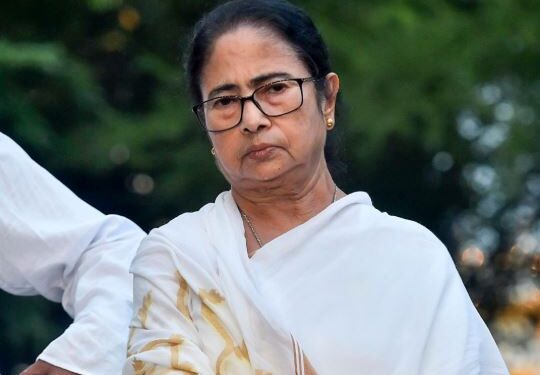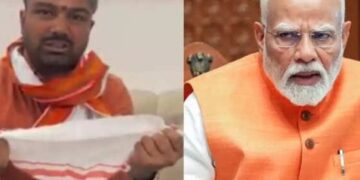Delhi News Desk !!! Delhi Chief Minister Arvind Kejriwal was recently released by the court. The Supreme Court approved CM Kejriwal’s bail and said that there was malicious intent behind the arrest. The question is that when the Supreme Court accepted that Kejriwal’s arrest in the CBI case was done with malicious intent, then why was the petition challenging the arrest rejected?
2 judges, 1 opinion and a dissenting judgment
One judge upheld Kejriwal’s arrest in the CBI case, the other called the arrest unjustified and both dismissed Kejriwal’s petition challenging the arrest. There were two petitions before the Supreme Court. One was seeking bail and the other was challenging the arrest in the CBI case. Both judges wrote two separate judgments. On the issue of Kejriwal’s bail, both were of the same opinion that he should get bail, but both had different opinions on the issue of arrest. Justice Suryakant upheld the arrest while Justice Ujjwal Bhuiyan raised serious questions on its timing and necessity.
Supreme Court’s warning to CBI
If you read the decision of Justice Ujjwal Bhuiyan, it is clearly written in it that Kejriwal’s arrest in the CBI case was arbitrary. Justice Bhuiyan wrote that when Kejriwal was about to come out of jail after getting bail in the ED case, the CBI arrested Kejriwal with bad intentions. Justice Bhuiyan raised questions on the CBI and wrote that the CBI should not do anything that will again make the image of the CBI a caged parrot. You will remember that the same Supreme Court had called the CBI a caged parrot in the coal scam.
Questions raised on bail
After writing so much about Kejriwal’s arrest by the CBI, Justice Bhuiyan finally, along with Justice Suryakant, dismissed the petition challenging the arrest in the CBI case. Now the question is, when Justice Bhuiyan had called the arrest wrong, why did he dismiss the petition? When they wrote their decisions separately, what was the need to sign the rejection decision at the same time? If Kejriwal had called the arrest wrong, his petition should not have been rejected. In such a situation, there was a disagreement between the two judges and the matter went to the larger bench. Many things of the Supreme Court are not understandable. Justice Bhuiyan did not understand this, because the CBI was wrong, the arrest was wrong, then why was the petition rejected? This question still remains.






